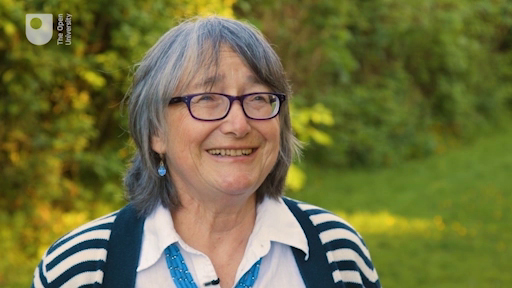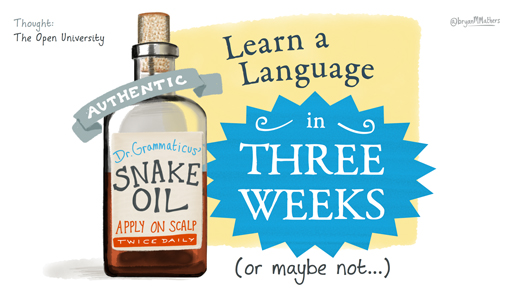10 How long will it take?
Watch the following video, in which a group of people talk about how long they think it will take to learn a language.

Transcript
How long it takes you to learn a language depends on several factors:
- the level of proficiency you want to get to
- whether you are an experienced language learner or not
- the intensity, regularity and efficacy of your study routine
- how similar the language you are learning is to the language(s) you already speak
- how complex your target language is.
If you are a native speaker of English, you might find it easier to learn German, as they are both Germanic languages that share a lot of vocabulary and phonological features, than to learn Mandarin, where you would have to get to grips with a different writing system and with the fact that Mandarin is a tonal language, and where there are no similarities with English in the vocabulary, grammar or syntax.
There are many estimates of how long it may take a learner to reach each of the CEFR levels, but as a guideline, it might take you a couple of hundred hours to move between each of the six levels. As I’ve already said, learning a language is a marathon, not a sprint. So… beware of snake oil!

